【MACRO Times】Trump’s major shift in energy policy—releasing fossil fuels and reshaping the global energy landscape
- 2025年1月21日
- Posted by: Macro Global Markets
- Category: News
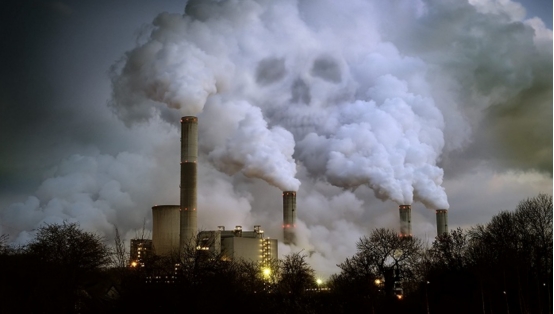
People familiar with the matter said Trump plans to take a series of actions immediately after taking office to invoke emergency powers to free up domestic energy production plans in the United States while reversing the Biden administration's actions to combat climate change. The shift is aimed at fulfilling his campaign promise to boost domestic energy production and reorient federal government policy to support oil and gas production, in contrast to the Biden administration's efforts to curb fossil fuels.
Trump vowed on the campaign trail to declare a national energy emergency, saying it was necessary to increase production and cope with rapid growth in demand brought about by the rapid development of artificial intelligence. Declaring a national emergency allows the president to invoke up to 150 special powers, which are typically used to respond to hurricanes, terrorist attacks and other unforeseen events, according to the Brennan Center for Justice. However, it is unclear whether Trump can successfully use these powers to achieve his goal of building more power plants.
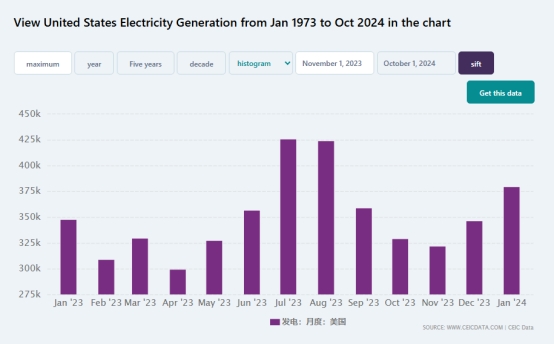
This will affect every aspect of the U.S. energy industry, from oil fields to car dealerships. He will also push to roll back a set of strict government regulations covering vehicle pollution and fuel economy, which he calls "electric vehicle accountability." Asian fossil fuel buyers, seeking to appease the incoming Trump administration, have concluded that buying more U.S. oil and gas would increase their leverage in tariff negotiations with the Trump administration. Trump’s threats to impose tariffs on several countries that have trade surpluses with the United States have prompted policymakers in South Korea, Vietnam and the European Union to consider buying more energy from the United States.
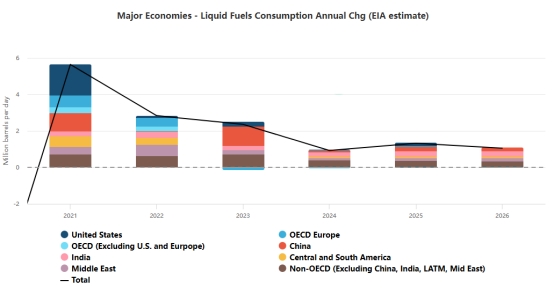
Kazuhiro Ikebe, president of Japan's Kyushu Electric Power Co., said increased U.S. liquefied natural gas production is "good news" for the utility industry because it could stabilize prices. Buyers have been dealing with volatile natural gas prices since the Russia-Ukraine conflict broke out in 2022. Buyers in countries including Japan and Thailand have reopened talks over U.S. LNG export plans in recent months, with traders involved in the talks saying they are willing to sign deals with the United States if the price is right.
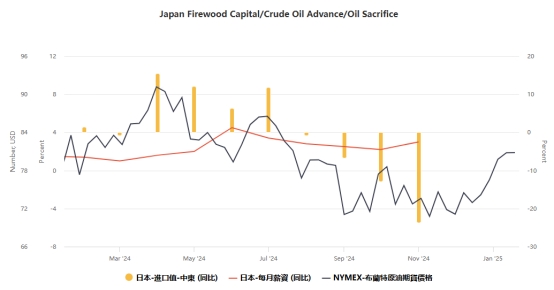
However, markets are unlikely to see any immediate impact. Importers will not be able to easily increase purchases from the United States in the coming years because much of the country's current production is tied up in long-term contracts. Instead, traders negotiating with U.S. exporters say they are looking at locking in billions of dollars’ worth of supplies, without which proposed U.S. projects — which would take years to build — cannot proceed. Even the Alaska liquefied natural gas project, which has been in preparation for more than a decade but has been long delayed, may be advanced during Trump's term.
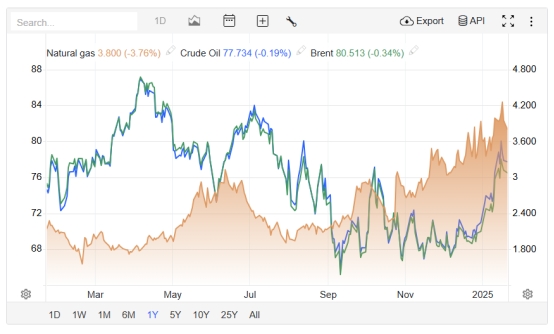
Overall, the Trump administration's energy policy shift aims to reshape the U.S. domestic energy landscape, consolidate its global energy dominance, unlock domestic energy production, support oil and gas development, while reversing the Biden administration's climate regulations and electric vehicles. Incentives. This policy not only fulfills Trump's campaign promise, but also enhances the United States' competitiveness in the global energy market by expanding liquefied natural gas exports. At the same time, it has forced Asian and European buyers to increase their purchases of U.S. energy in response to tariff threats, which has not only stabilized natural gas prices but also provided the United States with bargaining chips in the trade war. However, the policy has also raised concerns among environmentalists that its legality could face court scrutiny and that its market impact will be limited in the short term.
